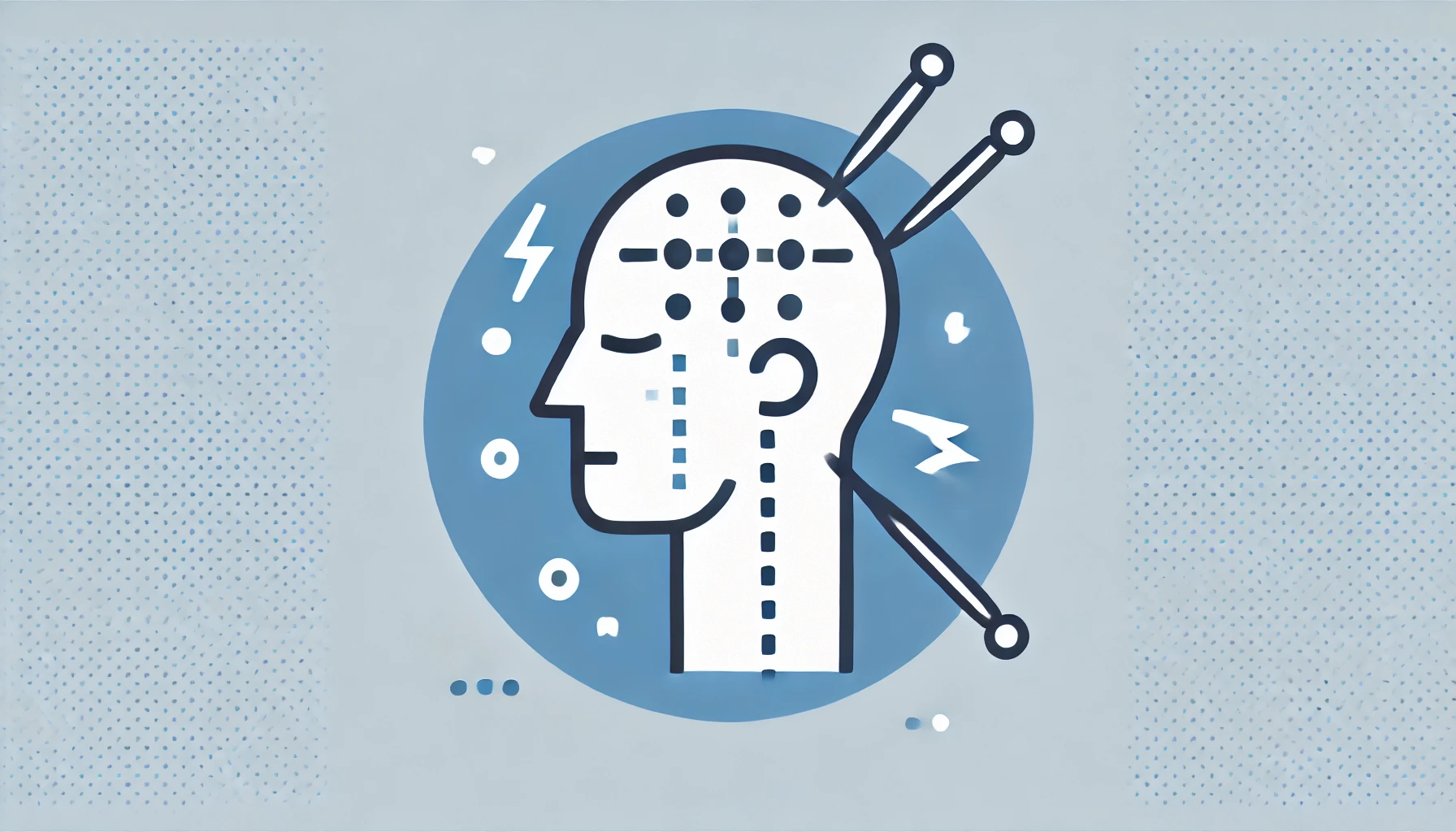Migraines are a debilitating neurological condition that affects millions of people worldwide. Characterized by intense, throbbing pain, migraines can significantly impact daily life and productivity. While there are various medications available to manage migraines, many people are turning to alternative therapies like acupuncture for relief. In this comprehensive guide, we will explore the effectiveness of acupuncture in treating migraines, how it works, and what to expect from acupuncture treatment.
Understanding Migraines
Migraines are more than just severe headaches. According to the Mayo Clinic, they are a complex neurological disorder that can cause significant pain for hours to days and be accompanied by symptoms such as nausea, vomiting, and extreme sensitivity to light and sound. Migraines can be triggered by various factors, including stress, hormonal changes, certain foods, and environmental changes.
What is Acupuncture?
Acupuncture is a traditional Chinese medicine practice that involves inserting thin needles into specific points on the body. It has been used for thousands of years to treat various ailments and improve overall health. According to the National Center for Complementary and Integrative Health (NCCIH), acupuncture is believed to stimulate the body’s natural healing processes and promote physical and emotional well-being.
How Does Acupuncture Work for Migraines?
Acupuncture is thought to relieve migraines through several mechanisms:
- Pain Relief:
- Acupuncture can stimulate the release of endorphins, the body’s natural painkillers. This can help reduce the pain associated with migraines.
- Improved Blood Flow:
- By targeting specific points, acupuncture can improve blood flow and circulation in the head and neck area, potentially reducing the frequency and intensity of migraines.
- Stress Reduction:
- Stress is a common trigger for migraines. Acupuncture has been shown to promote relaxation and reduce stress levels, which can help prevent migraine attacks.
- Regulation of Neurotransmitters:
- Acupuncture can influence the levels of neurotransmitters like serotonin, which play a role in the development of migraines. Balancing these chemicals can help reduce migraine frequency.
Scientific Evidence Supporting Acupuncture for Migraines
Several studies have examined the effectiveness of acupuncture in treating migraines. Here are some key findings:
- Systematic Review and Meta-Analysis:
- A systematic review and meta-analysis published in the journal Headache concluded that acupuncture is an effective treatment for reducing the frequency of migraine headaches. The study found that acupuncture was associated with fewer migraine days and lower pain intensity compared to no treatment or routine care.
- The Cochrane Review:
- The Cochrane Review, a highly respected source of systematic reviews, found that acupuncture can reduce the frequency of migraines and is at least as effective as prophylactic drug treatment for preventing migraines.
- Clinical Trials:
- Numerous clinical trials have demonstrated the benefits of acupuncture for migraine relief. For example, a study published in JAMA Internal Medicine found that acupuncture significantly reduced the frequency of migraines compared to sham acupuncture (placebo).
What to Expect During Acupuncture Treatment
If you are considering acupuncture for migraine relief, here is what you can expect during treatment:
- Initial Consultation:
- Your acupuncturist will conduct a thorough assessment, including your medical history, migraine symptoms, and potential triggers. This helps tailor the treatment to your specific needs.
- Treatment Sessions:
- During the session, thin needles are inserted into specific points on your body. You may feel a slight prick or tingling sensation. The needles are typically left in place for 20-30 minutes while you relax.
- Frequency and Duration:
- The frequency and duration of treatment vary depending on the severity of your migraines and your response to acupuncture. Many patients start with weekly sessions and gradually reduce the frequency as symptoms improve.
- Side Effects:
- Acupuncture is generally safe when performed by a qualified practitioner. Common side effects include mild soreness, bruising, or bleeding at the needle sites. Serious side effects are rare.
Combining Acupuncture with Other Treatments
Acupuncture can be used as a standalone treatment or in combination with other therapies to enhance migraine management. Here are some tips for integrating acupuncture with other treatments:
- Medication:
- Continue taking prescribed medications as directed by your healthcare provider. Acupuncture can complement pharmacological treatments and potentially reduce the need for medication over time.
- Lifestyle Changes:
- Incorporate healthy lifestyle habits such as regular exercise, a balanced diet, adequate hydration, and good sleep hygiene to maximize the benefits of acupuncture.
- Stress Management:
- Practice stress-reducing techniques like yoga, meditation, and deep breathing exercises to support your acupuncture treatment and reduce migraine triggers.
Conclusion
Acupuncture is a promising natural treatment for migraines, offering relief through pain reduction, improved blood flow, stress reduction, and regulation of neurotransmitters. Scientific evidence supports its effectiveness, making it a viable option for many migraine sufferers. If you are struggling with migraines and seeking an alternative or complementary therapy, acupuncture may be worth considering.
At The Health League, our team of experienced acupuncturists is dedicated to providing personalized care for migraine sufferers. Contact us today to learn more about how acupuncture can help you manage and reduce your migraine symptoms effectively.
For more information on acupuncture and migraine treatments, visit reputable sources such as WebMD and the American Migraine Foundation. Empower yourself with knowledge and take proactive steps towards better migraine management.
